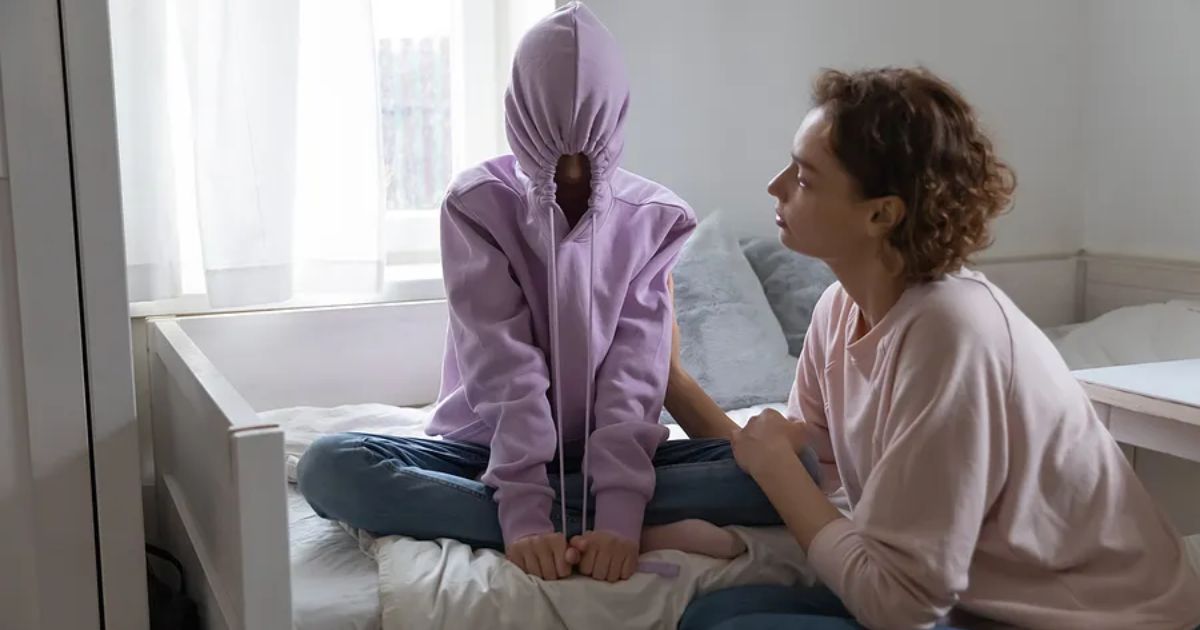Mental Health News
A team of researchers at UCLA explored the negative benefits of academic streaming. The study is published in the journal Pediatrics.
Understanding Academic Streaming
Academic tracking or streaming by ability is an educational setup in which pupils are grouped into classes for all or most of their lessons according to their learning capacities and academic performance. A pupil is in the same group regardless of the subject being taught.
The Study
The researchers examined 270 students from 5 large public high schools in the US. The participants were randomly assigned to receive usual school programming or the nationally-disseminated college preparatory program, Advancement via Individual Determination (AVID). They also completed surveys about their learning, social networks, health behaviors, and mental health.
The Findings
The results revealed that academic streaming has a negative impact on children’s mental health, enhancing the prevalence of risky behavior (like drug use) and social isolation. The structure also harms students’ social networks and levels of school engagement.
The authors added: “Untracking lower-performing students by mixing them in with higher-performing peers may lead to better physical and psychological health.”
To Know More You May Refer To
Dudovitz, R. N., Chung, P. J., Dosanjh, K. K., Phillips, M., Tucker, J. S., Pentz, M. A., Biely, C., Tseng, C. H., Galvez, A., Arellano, G., & Wong, M. D. (2023). Outcome of the AVID College Preparatory Program on Adolescent Health: A Randomized Trial. Pediatrics, 151(1), e2022057183. https://doi.org/10.1542/peds.2022-057183




























